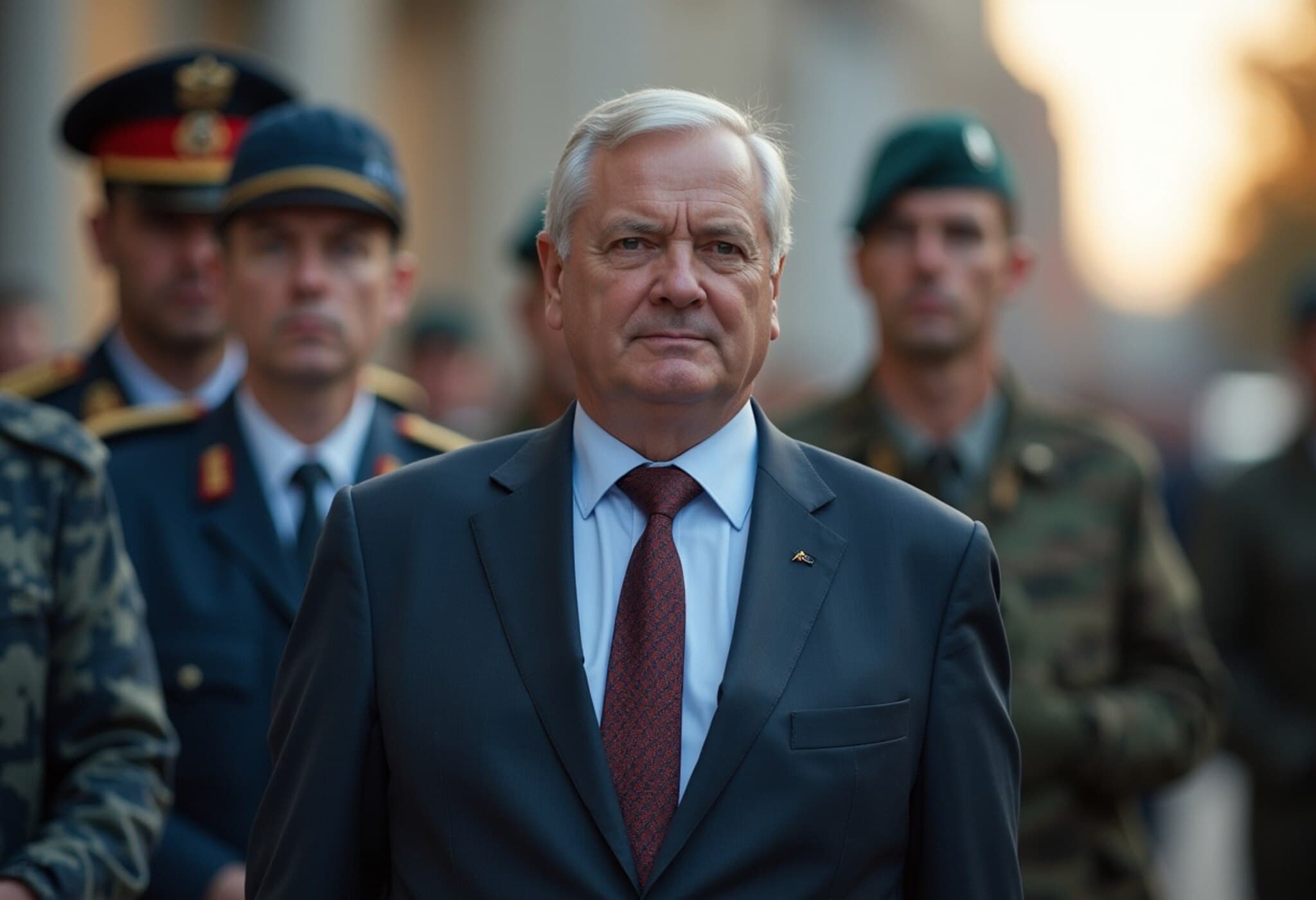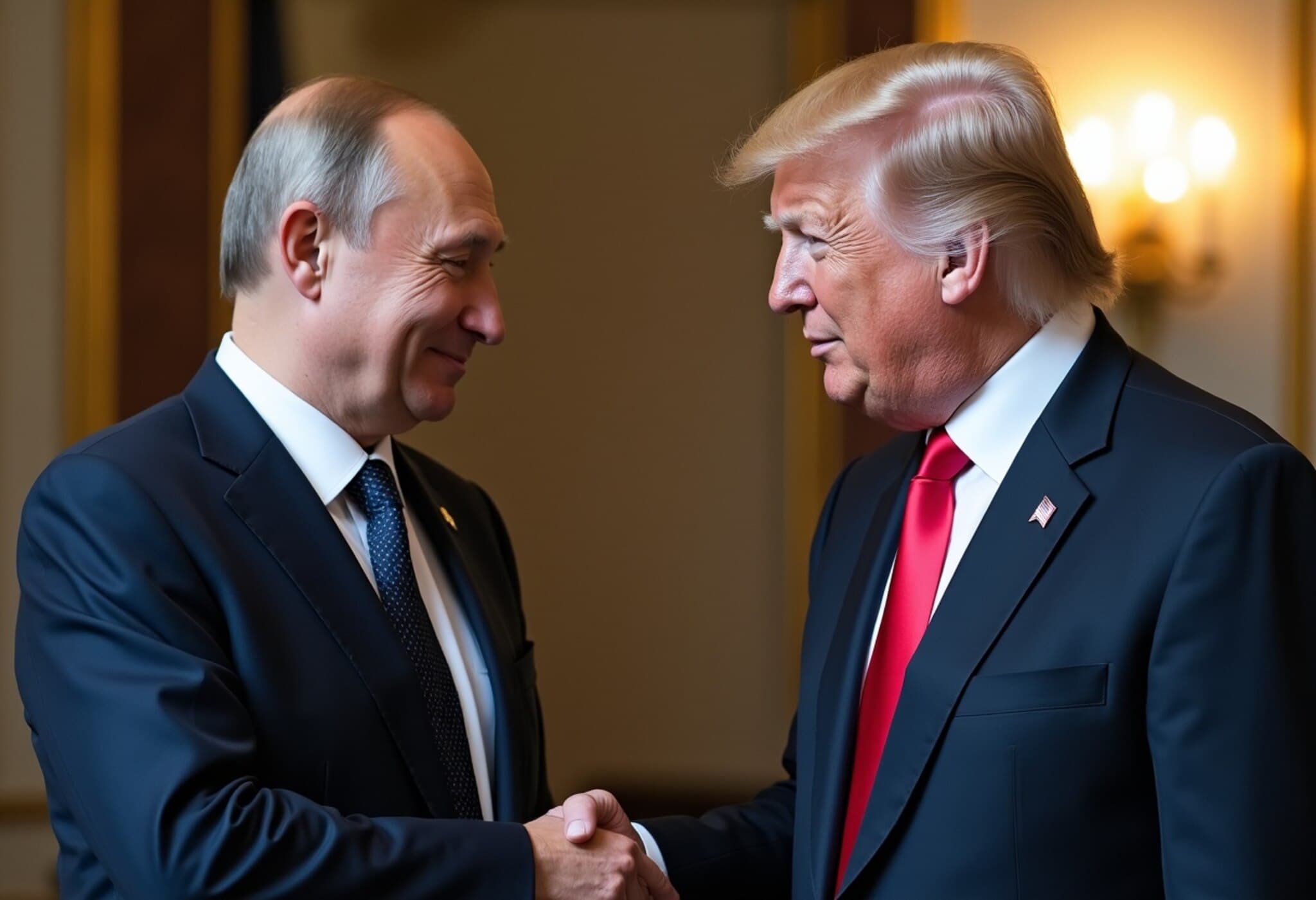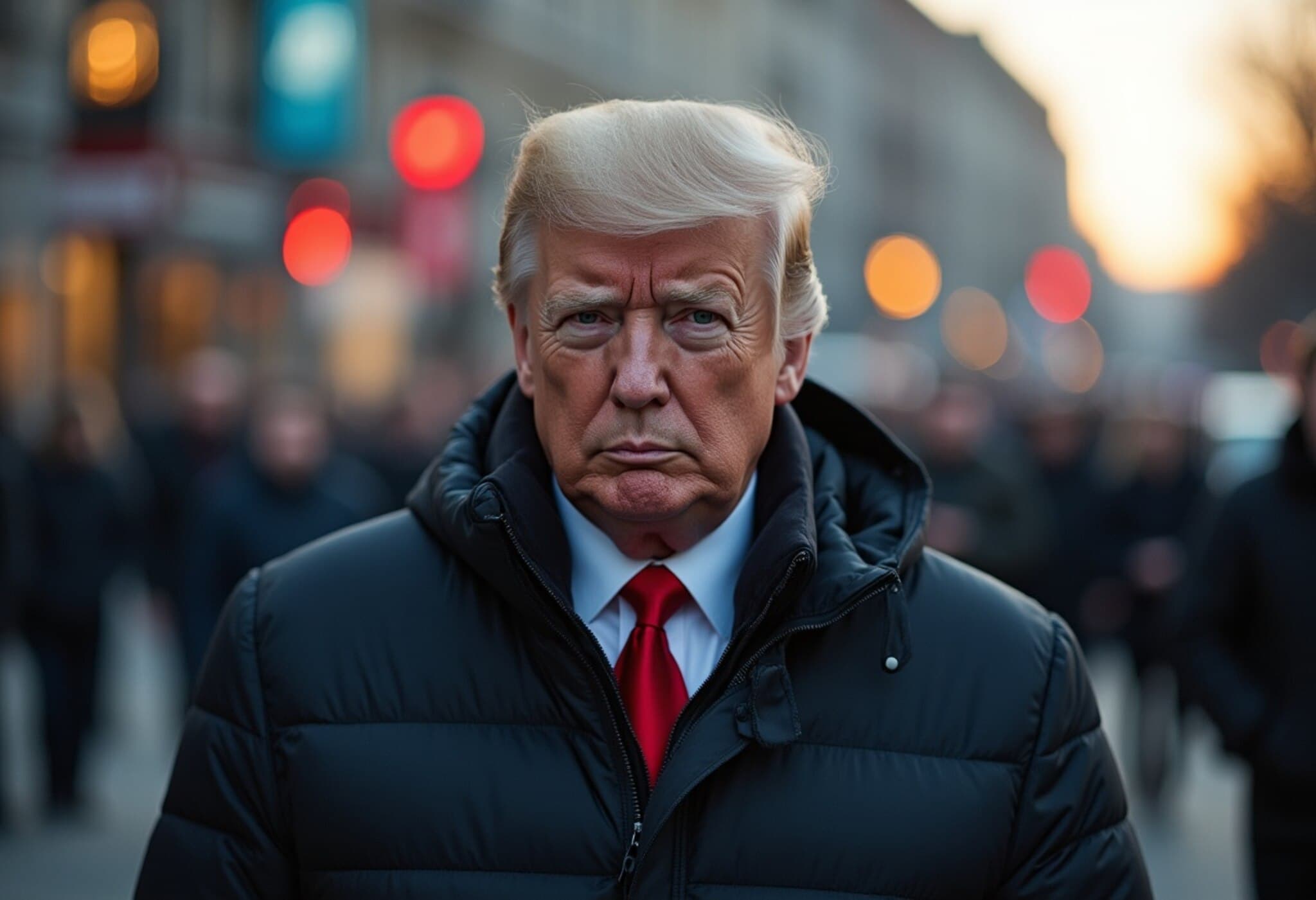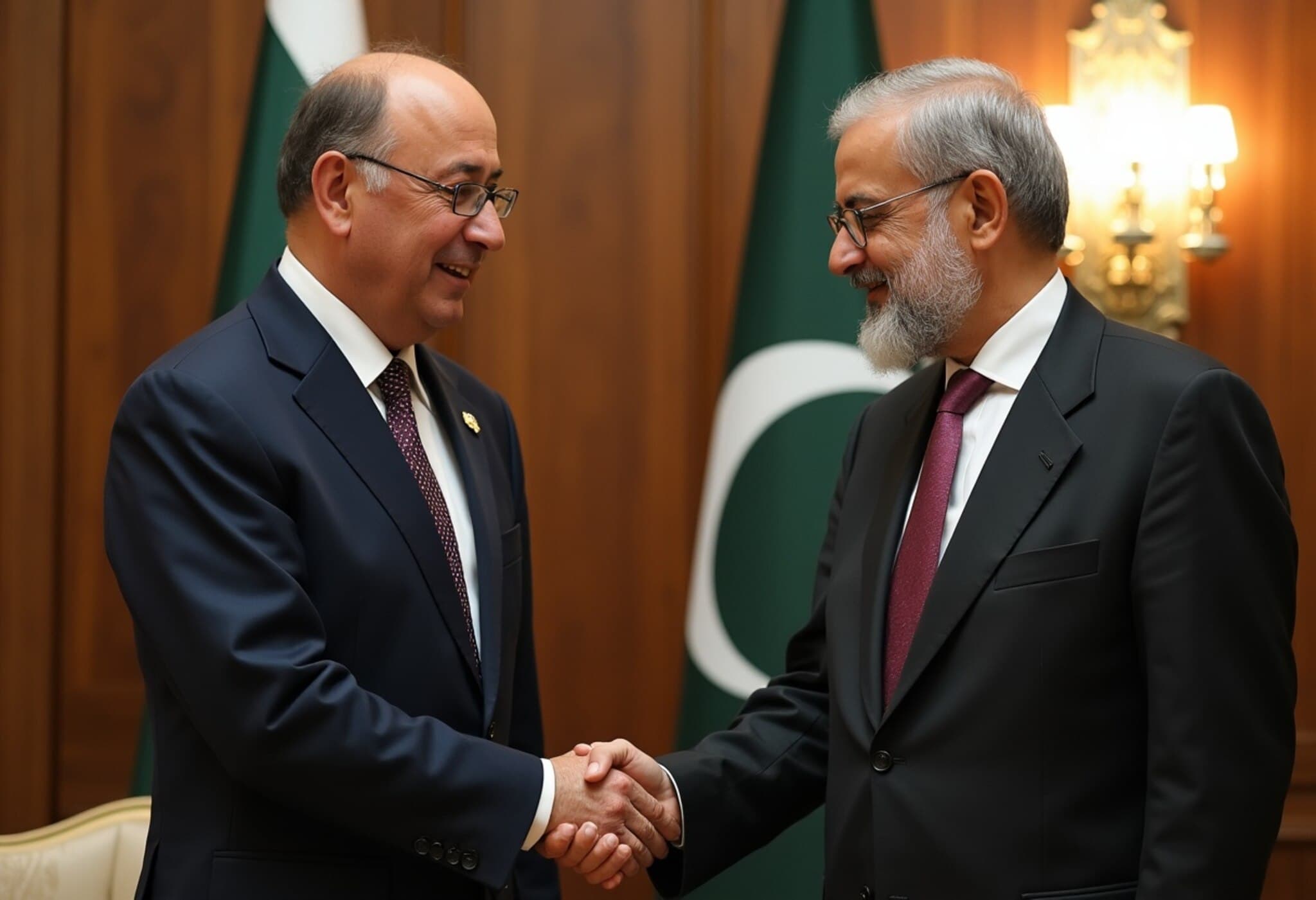Ukraine’s Anti-Corruption Agencies Expose Flawed Military Procurement
Just days after Ukraine’s parliament moved to restore the autonomy of its anti-corruption watchdogs, a significant graft scandal has come to light involving bribes linked to the purchase of military drones and defense systems.
Unveiling the Scheme: Inflated Contracts and Kickbacks
On August 2, the National Anti-Corruption Bureau of Ukraine (NABU) and the Specialized Anti-Corruption Prosecutor’s Office (SAPO) released a joint statement revealing that a network of officials and intermediaries had manipulated government contracts to acquire drones and electronic warfare equipment at artificially inflated prices. The corrupt actors received kickbacks amounting to nearly 30 percent of the contract values.
While the exact identities of those detained remain undisclosed, authorities confirmed the involvement of a sitting Ukrainian lawmaker, members of local government, and personnel within the National Guard. Four arrests have been made, with implicated National Guard officers promptly removed from service by the Interior Ministry.
Why Drones Are Central to Ukraine’s Defense—and This Investigation
Drones have emerged as a crucial asset in Ukraine’s defense strategy, enabling real-time reconnaissance, targeted precision strikes, and enhanced battlefield adaptability. Ukraine’s success in countering Russian advances has been partly attributed to effective drone deployment, making these systems particularly valuable both militarily and economically.
The scandal’s focus on drone procurement highlights not only security vulnerabilities but also the stakes of corruption undermining Ukraine's efforts to boost its domestic defense manufacturing and reinforce its military capabilities amid an extended conflict.
Political Context and the Restoration of Anti-Corruption Oversight
This corruption disclosure coincides with Ukraine’s parliamentary decision to reverse President Volodymyr Zelenskyy’s earlier move that curtailed the independence of NABU and SAPO. The bill reinstated watchdog powers just two days prior to the announcement of the graft probe, reinforcing the agencies’ ability to operate without political interference.
President Zelenskyy publicly condemned the corruption in a Saturday night address, labeling it “absolutely immoral” and emphasizing the need for full and transparent accountability. He lauded the anti-corruption bodies, underscoring their essential role in safeguarding state resources during wartime.
His administration’s initial attempt to place watchdogs under the prosecutor-general’s oversight had drawn international and domestic backlash, sparking rare protests in a country at war and raising alarm about potential suppression of investigations targeting government allies.
Broader Implications for Ukraine’s Governance and International Support
Fighting entrenched corruption remains pivotal for Ukraine—not only to maintain vital Western aid but also to align itself with European Union standards, a key step toward prospective EU membership. The public broadly supports anti-corruption reforms, which they see as necessary for strengthening democratic institutions and accelerating Ukraine’s recovery.
This case serves as a stark reminder of the persistent challenges that lie ahead even as Ukraine navigates the complexities of war and governance reform.
Key Takeaways:
- Anti-corruption agencies uncovered a bribery scheme involving inflated military drone contracts.
- The graft involved officials across legislative, local, and military sectors.
- Drones are strategically vital assets in Ukraine's defense and economy.
- Recent legislative reforms restored watchdog independence, enabling this investigation.
- Tackling corruption is critical for Ukraine’s wartime resilience and EU aspirations.
Expert Insight
From a policy perspective, Ukraine's experience illustrates a familiar but harsh reality faced by conflict-affected nations: crises may amplify corruption risks even as they demand heightened transparency. The restored independence of NABU and SAPO signals a mature recognition by Kyiv that robust, autonomous oversight mechanisms are indispensable—both for attracting international support and for democratizing governance under immense pressure.
As Ukraine continues to strengthen its defense industrial base—including drone manufacturing—vigilance against procurement-related corruption will be critical to protect national security interests and prevent erosion of public trust.
Editor's Note
This unfolding corruption case invites reflection on the delicate balance between wartime exigencies and good governance. While Ukraine’s anti-corruption bodies have demonstrated their capacity to act decisively, the broader challenge remains: embedding transparency and accountability deeply enough to withstand ongoing conflict pressures.
For readers, questions to consider include: How can Ukraine and other nations in conflict better shield critical procurement processes from corruption? What role can international partners play beyond financial aid to help build resilient institutions? And how might transparency in defense spending influence public confidence during wartime?










